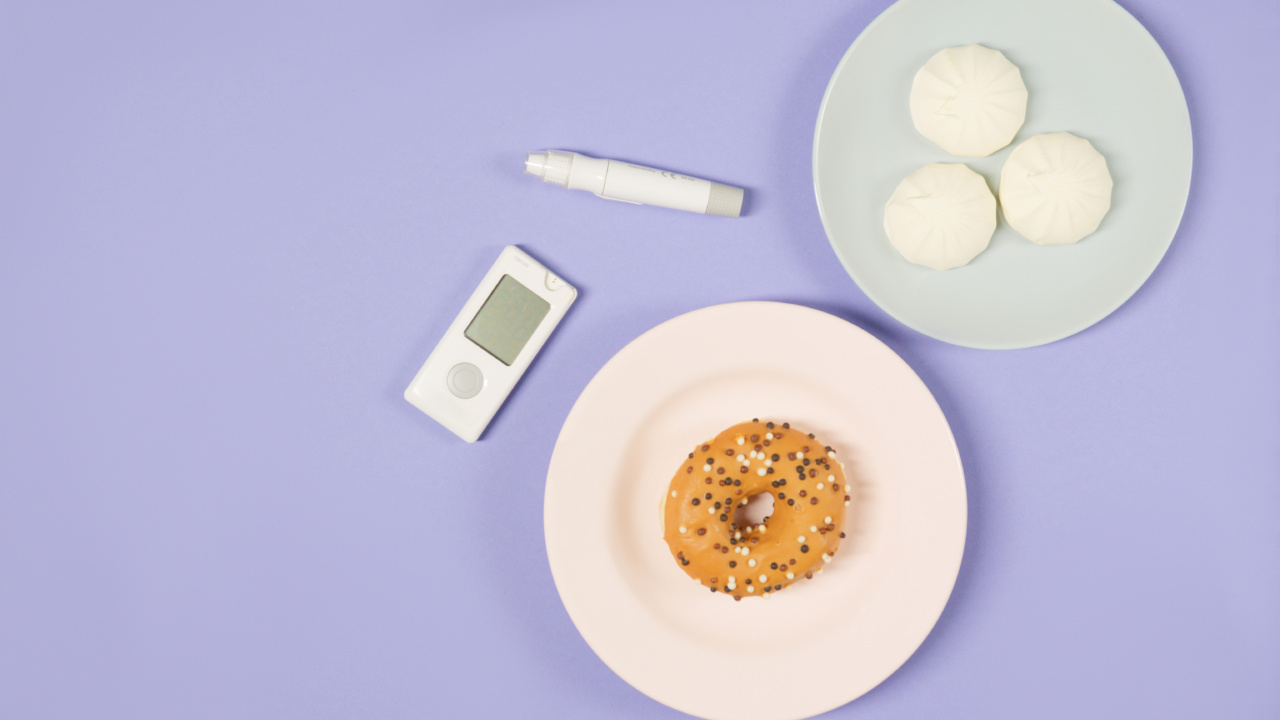Insulin resistance is a metabolic disorder that affects millions of people worldwide. It is a condition in which the body’s cells become resistant to the hormone insulin, which is responsible for regulating blood sugar levels.
Insulin resistance can lead to type 2 diabetes, elevated blood sugar, and other serious health problems. Fortunately, there are ways to reverse insulin resistance through proper nutrition and lifestyle changes.
What is Insulin Resistance?
Insulin resistance is a condition in which the body’s cells become less responsive to the hormone insulin. Insulin is produced by the pancreas and helps to regulate blood sugar levels.
When we eat, our body breaks down carbohydrates into glucose, which enters the bloodstream. Insulin helps glucose enter the body’s cells, where it is used for energy.
However, in people with insulin resistance, the body’s cells are less responsive to insulin, which means that the pancreas has to produce more insulin to regulate blood sugar levels.
Over time, this can lead to elevated blood sugar levels and an increased risk of diabetes and other health problems.
Causes of Insulin Resistance
Insulin resistance can be caused by a number of factors, including:.
- Obesity or being overweight
- Lack of physical activity or a sedentary lifestyle
- A diet high in processed carbohydrates and sugar
- Stress
- Genetics
The Role of Nutrition in Insulin Resistance
Nutrition plays a key role in both preventing and reversing insulin resistance. The right diet can help regulate blood sugar levels and improve insulin sensitivity. Here are some key nutrition tips for managing insulin resistance:.
1. Focus on Complex Carbohydrates
Complex carbohydrates (like those found in whole grains, vegetables, and legumes) are broken down more slowly by the body than simple carbohydrates (like those found in sugary foods and processed snacks), which can help regulate blood sugar levels.
Include plenty of complex carbohydrates in your diet, but avoid refined, sugary carbs that can cause blood sugar spikes.
2. Prioritize Protein
Eating a diet high in protein can improve insulin sensitivity and help regulate blood sugar levels. Choose lean proteins like chicken, fish, and tofu, and try to include protein in every meal and snack.
3. Increase Fiber Intake
Fiber helps slow down the absorption of carbohydrates and can also improve insulin sensitivity. Focus on getting plenty of fiber from whole grains, vegetables, and fruits.
4. Include Healthy Fats
Healthy fats (like those found in nuts, seeds, avocado, and olive oil) can help improve insulin sensitivity and reduce inflammation. Include healthy fats in your diet, but avoid processed fats and oils.
5. Limit Sugar and Processed Foods
Sugar and processed foods can cause blood sugar spikes and promote inflammation, which can worsen insulin resistance. Limit your intake of processed foods and sugary snacks, and focus on whole, nutrient-dense foods instead.
6. Stay Hydrated
Dehydration can worsen insulin resistance, so it’s important to stay hydrated throughout the day. Drink plenty of water, and avoid sugary drinks and sodas.
7. Consider Supplementation
Some supplements may also help regulate blood sugar levels and improve insulin sensitivity. Talk to your doctor or a registered dietitian about whether supplements like chromium, magnesium, and vitamin D may be right for you.
The Bottom Line
Insulin resistance can be a serious condition, but it is also reversible with the right nutrition and lifestyle changes.
Focus on eating a diet rich in complex carbohydrates, protein, fiber, and healthy fats, and limit your intake of sugary and processed foods. Staying hydrated and considering supplementation can also help improve insulin sensitivity.




























